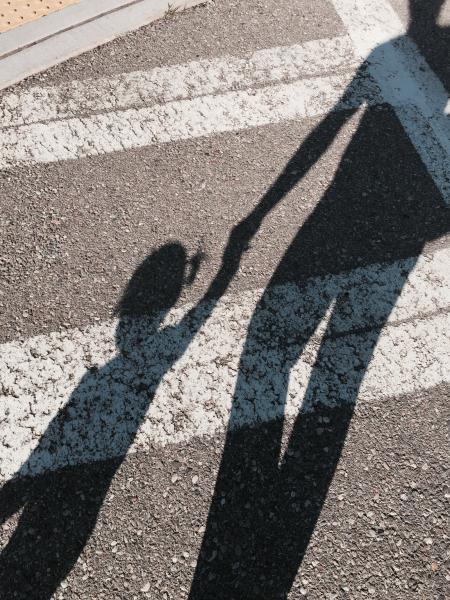In an ideal world, a government governs while a parent parents. This utopia, in my view, would involve a symbiotic relationship that, together, advances the best interest of a child. But, somehow in our cultural reality, this desired balance is demonstrably out of whack to the point the concept of a child walking to school requires its own legislation.
A few months ago, the Governor of Utah felt compelled to sign into law bill SB65 which somewhat modifies the definition of child neglect. According to the Associated Press, the first-of-its-kind legislation was initiated by lawmakers observing investigations and temporary removal of kids from their homes in other states for playing sports in their yards or going to school while unattended. The achievement is being touted as a win for “free-range” parenting, a movement that arose to encourage autonomy as a counterbalance to the excessively scheduled, controlled child who is raised by the so-called “helicopter” parent. (For a more extensive description, click here for my WebMD video on the subject.)
In an effort to make it more difficult to penalize parents who encourage self-reliance in our often overly protective, fear-driven culture, the newly amended legislation (which went into effect May 8) permits a child “whose basic needs are met and who is of sufficient age and maturity to avoid harm or unreasonable risk of harm, to engage in independent activities.” Among the circumstances it specifically addresses: engaging in outdoor play, being home unattended and traveling to school.
Not unlike most trends, when the pendulum swings to an extreme, the overcorrection follows it. Branding childhood with a catch-all “helicopter” or “tiger mom” style is part of the problem. It shifts the focus away from the uncomfortable truth of the wondrous journey of parenting and childhood, that it is not a pathological experience warranting an exact prescription. The big picture of raising a well-adjusted, independent, happy child who thrives in adulthood replete with adaptability and resilience requires an understanding that child development is dynamic and fluid.
There are moments where a responsible parent is being a helicopter even in the child who most of the time shines with free-range. Life events occur compelling alterations in parental roles and behavior, depending on their nature allowing for regression or progressive leaps in a child. Siblings, environment, health history and other social determinants influence decision-making that is not one-size-fits-all.
The American Academy of Pediatrics navigates the walking to school issue this way
-
“Children are generally ready to start walking to school at 9 to 11 years of age.”
-
"Children usually aren’t ready to start walking to school without an adult until about fifth grade, or around age 10...Children are each different, so consider their individual developmental and maturity level when deciding if it is safe for them to walk to school without an adult. Some children may not have the skills to focus on safe pedestrian behavior until they are 10 or older."
Determinations of what is or isn’t safe is sub-optimally designed by an arbitrary guideline. Consider the vastly disparate landscape children in the United States inhabit. What works in Boise might not in New York City. The wide range of environments and local communities alone add only one nuance to a multifaceted decision. A more autonomous level of preparedness does not magically present itself after midnight on a specific birthday.
For this reason and the variability in individual maturity or readiness, age limits are kept mostly vague in the Utah law so as to retain the emphasis on prosecutors and law enforcement to use a case-by-case basis to inform their decisions. It is this aspect that actually parallels what should go on in the world. There are children who are quite dutiful, responsible and capable of more than the standard expected of them at their numerical age. Nurturing this maturity is what affords them the opportunity for unlimited growth and development. Suppressing it, stifles their potential. And, there are others who fall quite short on this scale and require greater guidance and support.
No one knows a child better than his parent, and children feed off of their parents anxiety. Ongoing conversations with your pediatrician who is up-to-date with the laws in your state (e.g. some have minimum ages to leave a child home alone while others are vague) and aware of the entire clinical picture can be invaluable. Adjusting accordingly, assuming personal responsibility, leading by example and following through with consequences to poor actions is what solidifies great parenting. Continued abdication of this reality for the purposes of legislative and regulatory intensity or laxity and wide brush guidelines misses the point.




